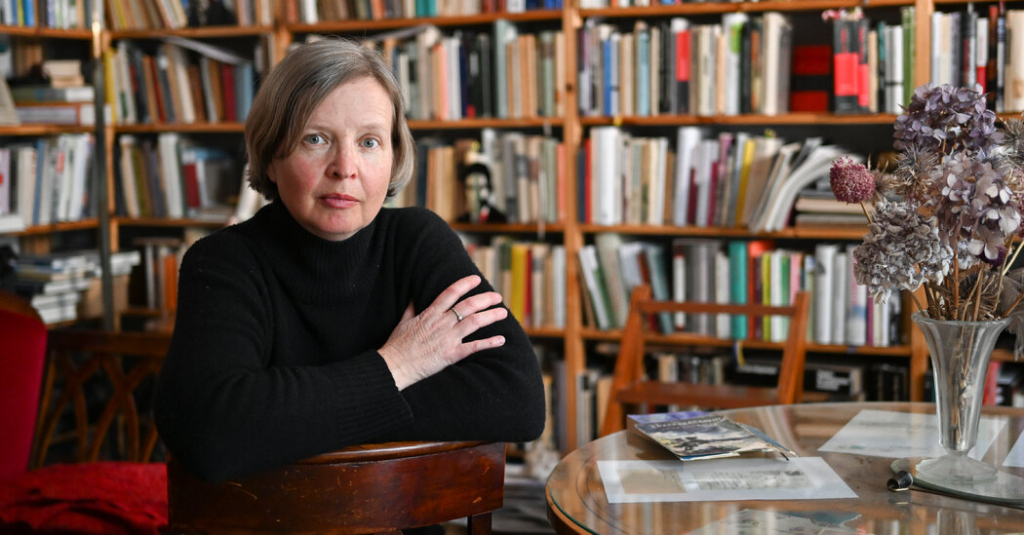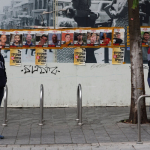
She became a writer because her country vanished overnight.
Jenny Erpenbeck, now 57, was 22 in 1989, when the Berlin Wall cracked by accident, then collapsed. She was having a “girls’ evening out,” she said, so she had no idea what had happened until the next morning. When a professor discussed it in class, she said, it became real to her.
The country she knew, the German Democratic Republic, or East Germany, remains a crucial setting for most of her striking, precise fiction. Her work, which has grown in acuity and emotional power, combines the complications of German and Soviet history with the lives of her characters, including those of her own family members, whose experiences echo with the past like contrapuntal music.
Her latest novel to be translated into English, “Kairos,” has been a breakthrough. It is now on the shortlist for the International Booker Prize and considered a favorite to win the award late next month. Her previous novel, “Go, Went, Gone,” is a moving tale of a lonely East German professor, adrift in united Germany, finding parallels with the African migrants who have survived a sea journey only to find themselves adrift in Germany, as well.
In 2017, James Wood, The New Yorker’s book critic, called “Go, Went, Gone” underappreciated and predicted that Ms. Erpenbeck would win the Nobel Prize “in a few years.”
During an interview in her book-stuffed Berlin apartment, where she lives with her Austrian husband, a conductor, Ms. Erpenbeck talked about her life growing up in East Germany. She said the East was largely misunderstood by West Germans — belittled, patronized and often ignored. East Germany is too often reduced, she said, even in respected films like “The Lives of Others,” which was made in 2006, to the hyperbolic clichés of a totalitarian state with everyday life dominated by a fear of the secret police, or Stasi.













